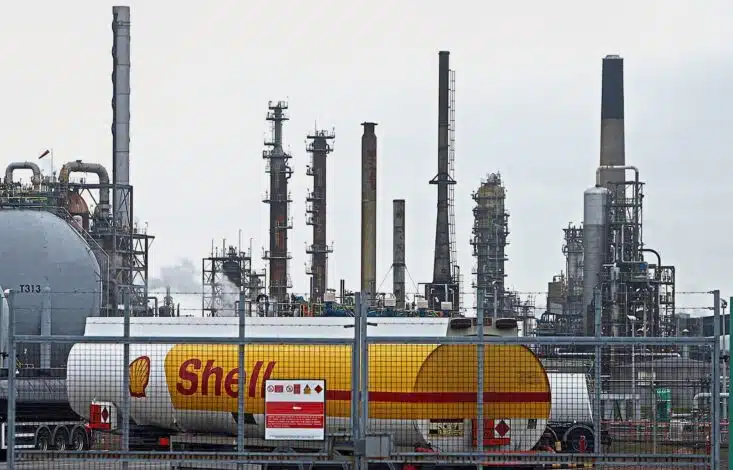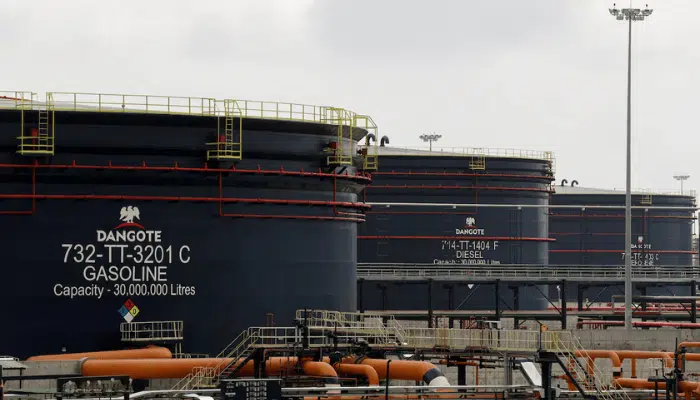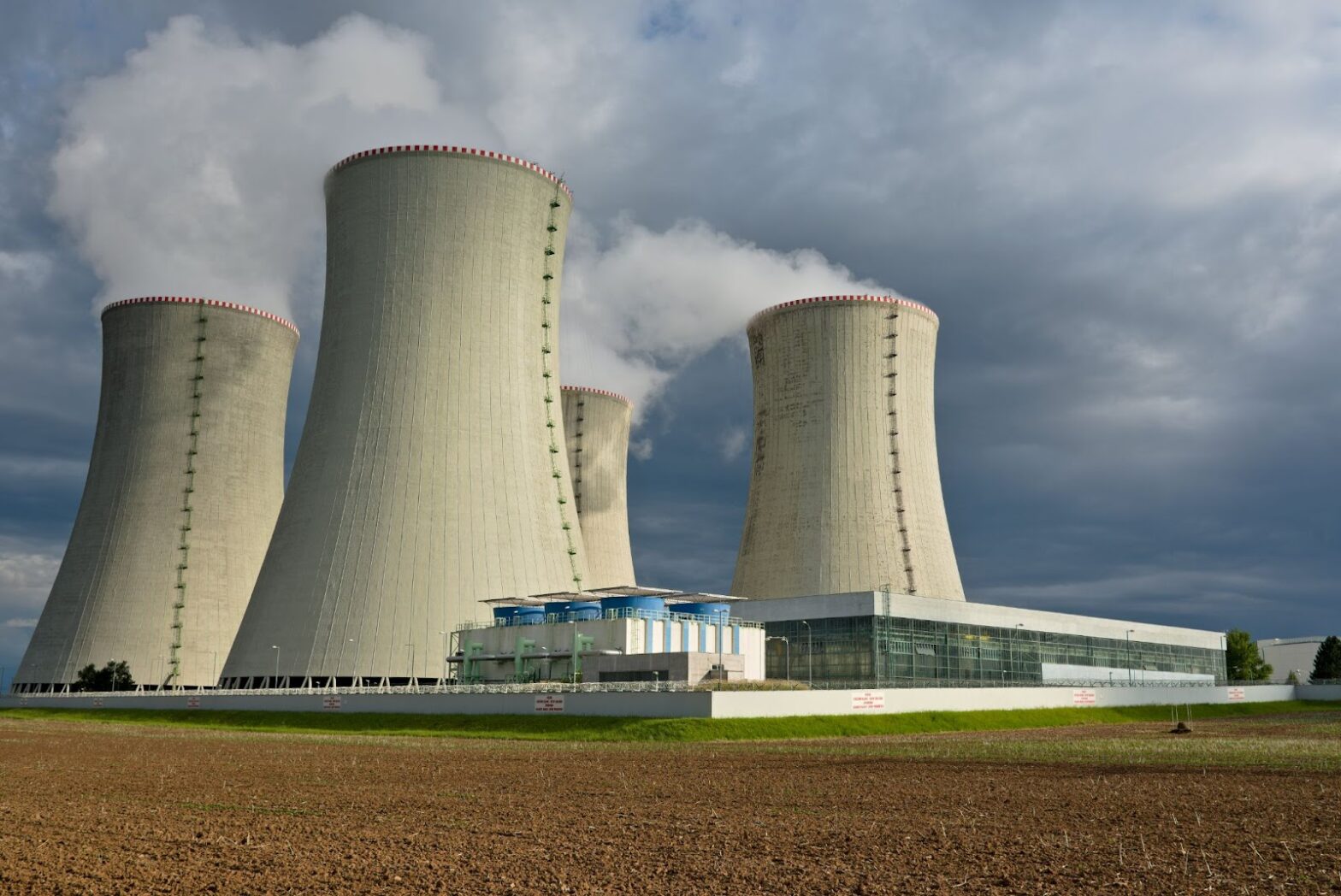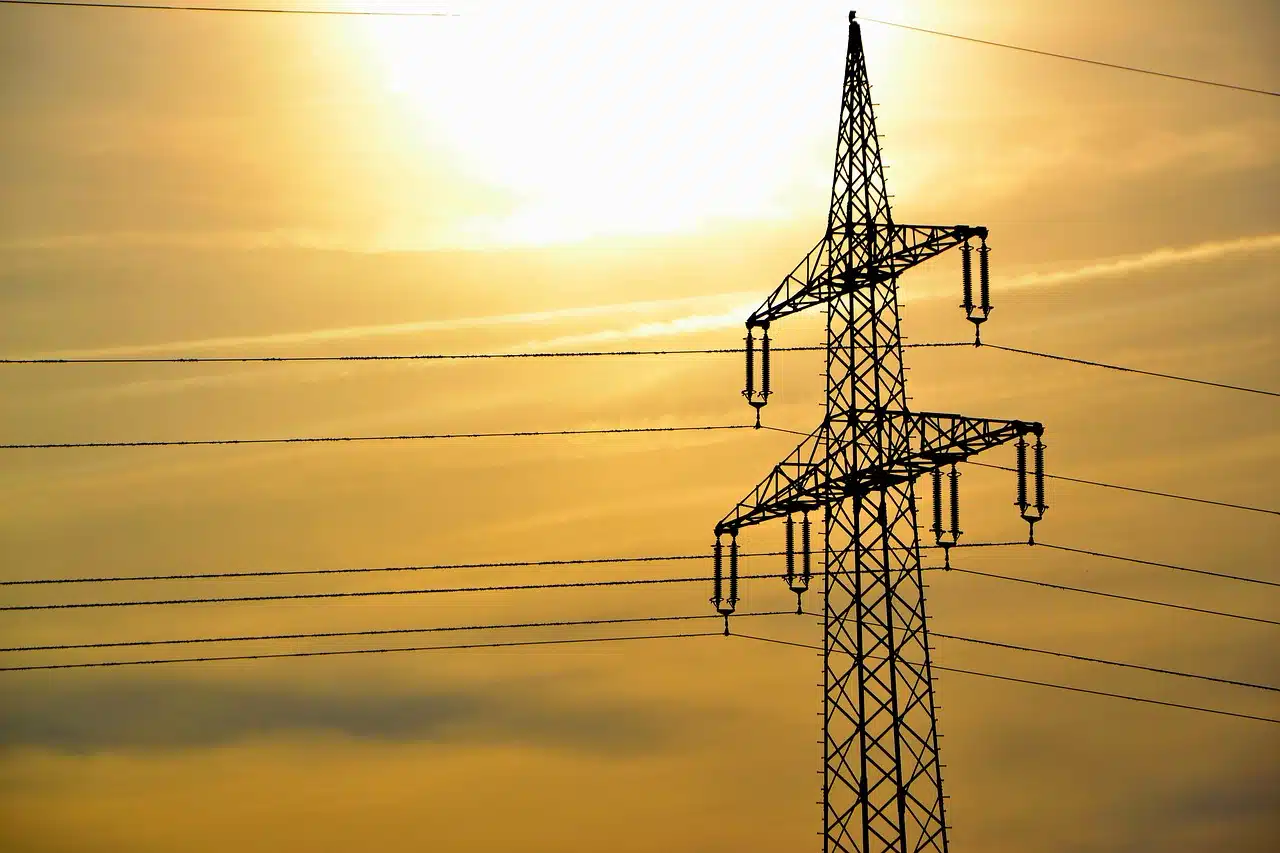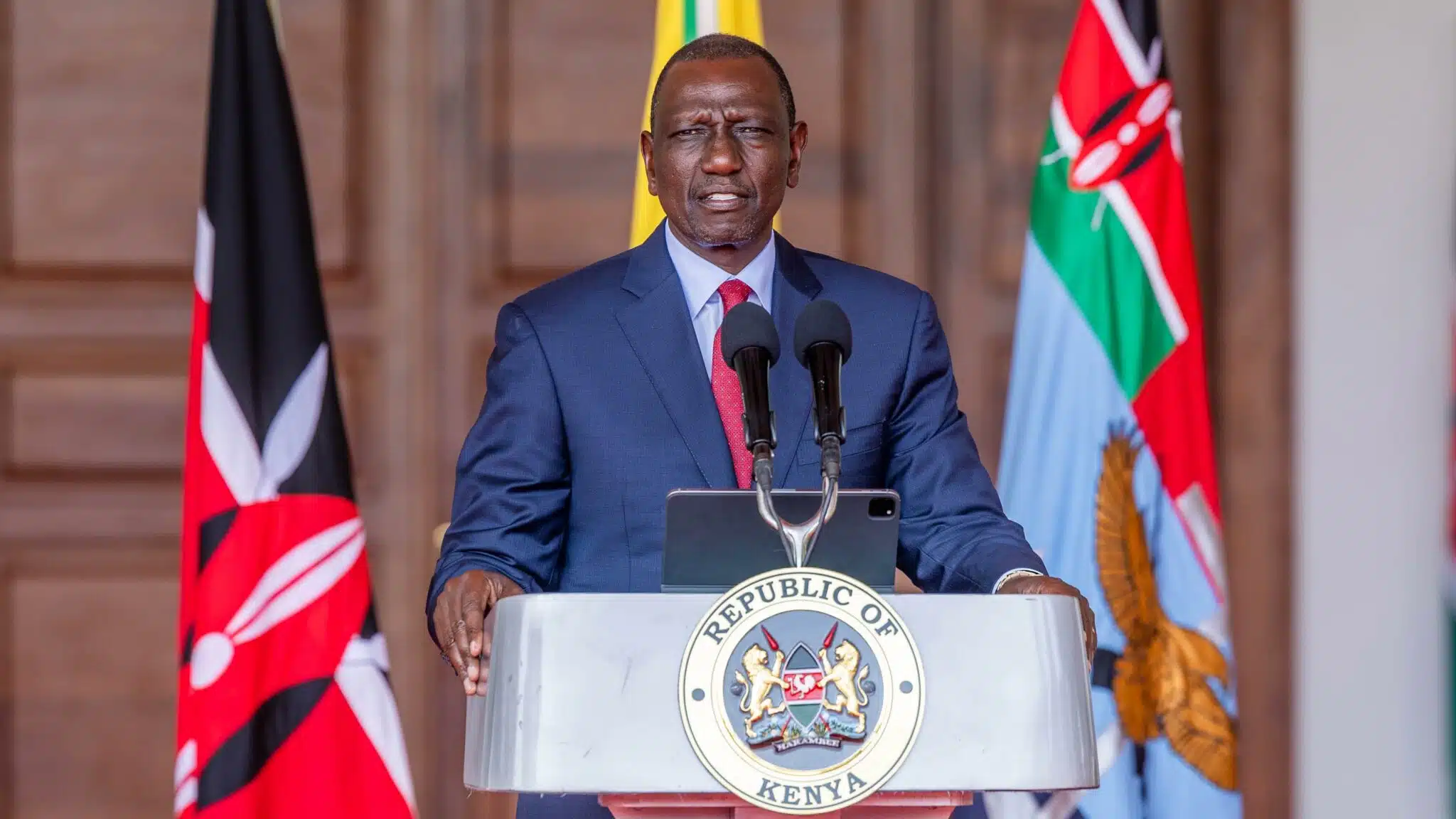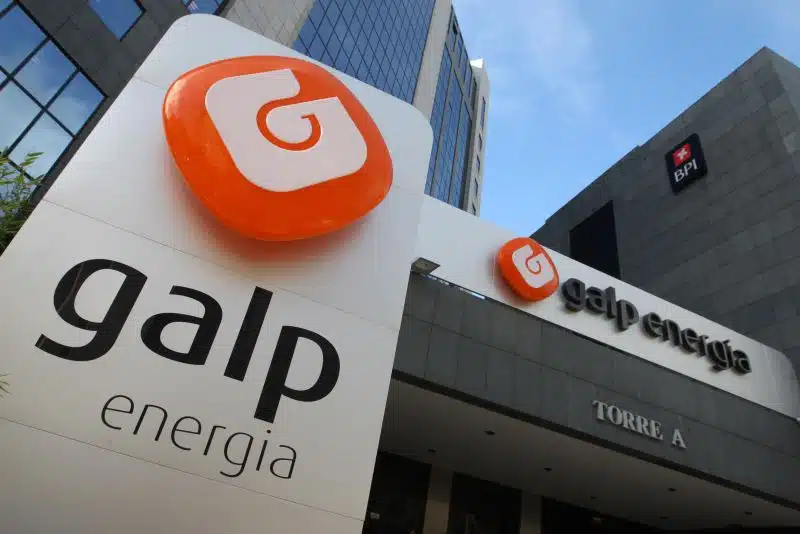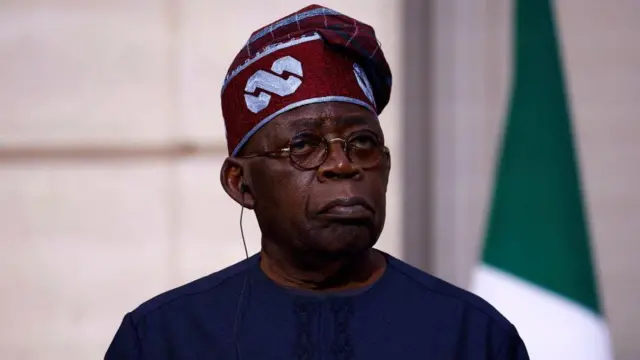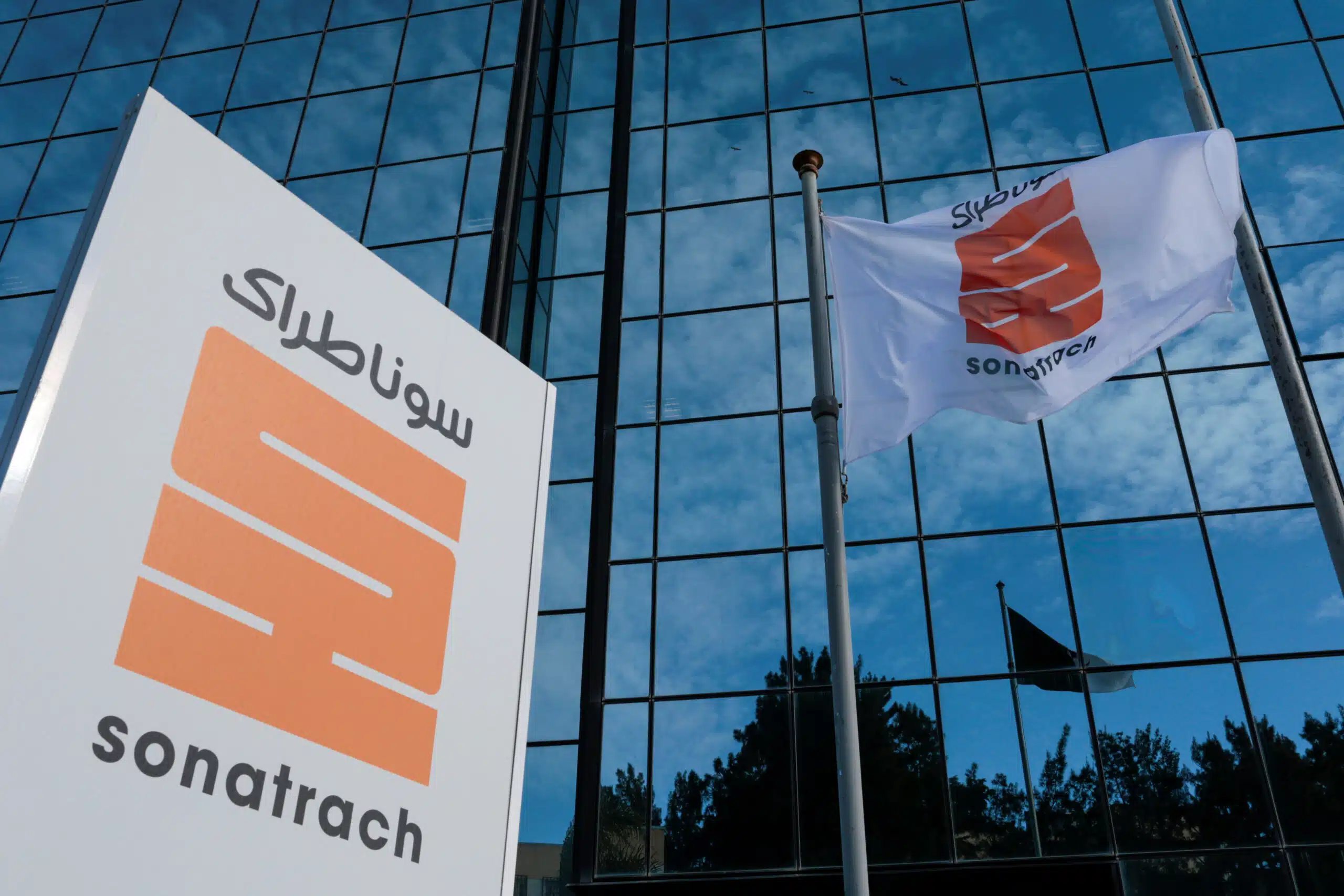Civil society organisations and coastal communities have launched a formal appeal against the government’s decision allowing Shell to begin drilling activity in the Northern Cape Ultra Deep (NCUD) oil and gas project.
Local sources confirmed to Energy in Africa on Thursday that environmental groups are seeking to reverse Shell’s right to drill in the deepwater project off South Africa’s West coast.
Shell recently received environmental authorisation to drill up to five wells in the Northern Cape Ultra Deep (NCUD) project. The timeline for this is not clear.
Preliminary investigation by Shell revealed the area holds tangible hydrocarbon resources that could improve the nation’s energy security.
Despite this potential, the civil groups sue for the drilling right to be rejected, claiming Shell’s Environmental and Social Impact Assessment Report (ESIAR) is riddled with flaws and omissions.
The organisations joining the suit include Green Connection, Natural Justice and several West Coast communities.
“Shell wants to drill 3,200 metres below sea level, which is extremely harsh due to the crushing pressure that results at this depth, which is also always in darkness and consistently near-freezing,” Neville van Rooy, Community Outreach Coordinator at the Green Connection.
Van Rooy queried how South Africans could allow Shell to go ahead with such a project without providing a detailed strategy on how it would handle a blowout at such depths.
He alleged the decision-makers did not consider various emergency response plans to adequately address such risks should they arise.
Civil group backlash on hydrocarbons
In recent years, civil rights groups have mounted pressure on the South African government to scale back hydrocarbon development because of climate change.
The country’s huge shale gas reserves in the Karoo region currently remain banned by the government after ecological concerns were raised by environmental groups.
This has led to a growing shift towards clean energies for South Africa’s coal-powered economy.
There has been huge international green funding pouring into the country in recent years.
The government is currently seeking private developers for a $22 billion grid expansion project to bolster the country’s energy security.
The plan is to build 14,218 kilometres of transmission lines over the next decade. Bids for the project are to be submitted by September.
Before this, the government secured a $2.2 billion commitment from the World Bank to fast-track the phase-out of coal.
Notwithstanding, some oil and gas explorers in South Africa are still pushing ahead with their fossil agenda.
For instance, Kinetiko Energy recently started a drilling campaign at its onshore gas project in the country.
The Australian firm hopes the activity will support its planned LNG pilot project, scheduled for commissioning in late 2026.
Similarly, South Africa’s Energy Minister Gwede Mantashe recently hinted that the government was planning to lift the ban on the gas reserves in Karoo.
South Africa faces an imminent gas deficit and the gas supplies from neighbouring Mozambique are expected to decline by the end of the decade.
The NCUD project has the potential to help fill a significant share of this gas problem.
“If allowed to proceed, the proposed project will be the deepest offshore well in South Africa and the third deepest in the world,” van Rooy said.

